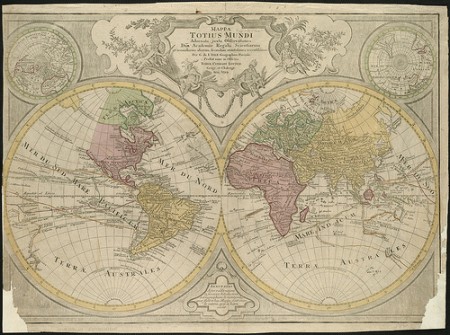
In the Spring 2010 issue of International Security, Monica Duffy Toft offered up a rather ‘untimely meditation.’ Civil wars, she suggests here, are, on average, better left to reach their own conclusions — i.e., the victory of one side over the other — rather than frozen in negotiated settlements of the kind that became more common in the 1990s, after the end of the Cold War.
According to Toft’s statistical analysis of 118 civil wars over the period 1940 – 2002, “victory [by either side] reduces the likelihood of civil war recurrence by 24 percent, relative to all other types of termination,” and “negotiated settlements increase the likelihood of recurrence by 27 percent.” Moreover, the statistical relationship between victory and non-recurrence seemed to be driven principally by rebel victories, rather than victories by government forces. What should we make of this?
Toft takes care to distinguish civil wars from other forms of political violence. Excluded are other types of intra-state conflict, such as small-scale or low-intensity insurgencies, which involved fewer than 1,000 casualties per year; conflicts in which control over the central political apparatus was not at stake; enormously one-sided conflicts which may be better described as massacres or genocides; and conflicts between sets of non-state actors. The analysis also covers only completed civil wars, which Toft defines as those that in 2007 had experienced ‘no violence for at least 5 years.’
Nevertheless, Toft’s findings are striking. They fly in the face of conventional wisdom that tends to err on the side of ending the violence first and asking questions later.
Toft is suggesting that, in the right circumstances, we should ‘give war a chance.’
Consider Uganda, the case Toft uses for illustration (click on the names for more information):
And some of the places where civil war re-occurred after a negotiated settlement (note: this map is slightly dated, as it does not reflect the recent independence of the Republic of South Sudan):
And Toft’s argument of course begs the question for the world’s ongoing and recently completed civil wars — for example, in Libya and Chad:


One reply on “The Case for Rebel Victory”
Thank you for an excellent post! Toft’s argument is of coursed based on Gray and Luttwak’s controversial assertion that “Too many wars nowadays become endemic conflicts that never end because the transformative effects of both decisive victory and exhaustion are blocked by outside intervention”. In effect, what both Gray and Luttwak suggest is that humanitarian intervention is, as such, unjustifiable. International community should, as in the case of Rwanda and Srebrenica turn a blind eye. But isn’t there a moral imperative to intervene? Or is Toft supporting Samuel Huntington’s position that “it is morally unjustifiable and politically indefensible that members of the [US] armed forces should be killed to prevent Somalis from killing one another.” Secondly, it seems that much of Luttwalk, Gray, and Toft’s analysis fails to understand that today’s war, e.g. in Libya and Afghanistan, are not very conventional. Their conclusion that wars are best left to their own devices in a way begs the question on whether the international community should intervene to stop wars or not. It would be interesting to hear your thoughts on this.